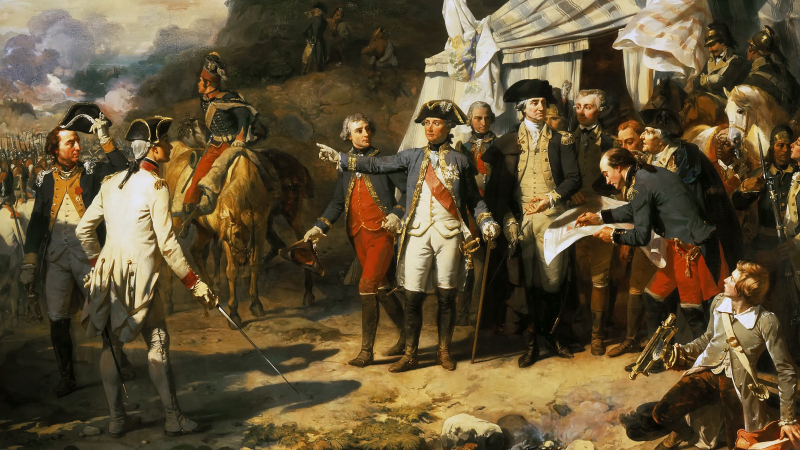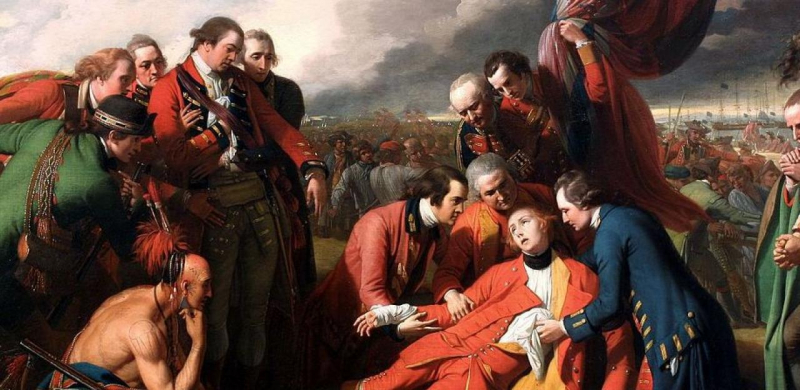The French and Indian War set the stage for the American Revolution
A rift between Great Britain and its British colonists was largely a result of the French and Indian War and its repercussions. The colonists were furious because they were now prohibited from settling in the western region after Great Britain gave Native Americans authority of the region, producing a gap between the colonists and their mother country.
Furthermore, because of the war's enormous debt, Great Britain had to impose exorbitant taxes on the colonies in order to make up for its financial losses. England imposed a number of taxes on the colonies in an effort to pay off its enormous debt. The subsequent taxes, like the Stamp Act, Tea Act, and others, incited resentment among the colonists. There was a protest against "no taxation without representation" as a result of the colonists' lack of representation in the British Parliament. King George III's Royal Proclamation of 1763, which was intended to stop violence between settlers and Native Americans, further inflamed colonists' resentment. Many colonists perceived this as additional Crown control. These factors, which directly stemmed from the French and Indian War, led to the American Revolution.












